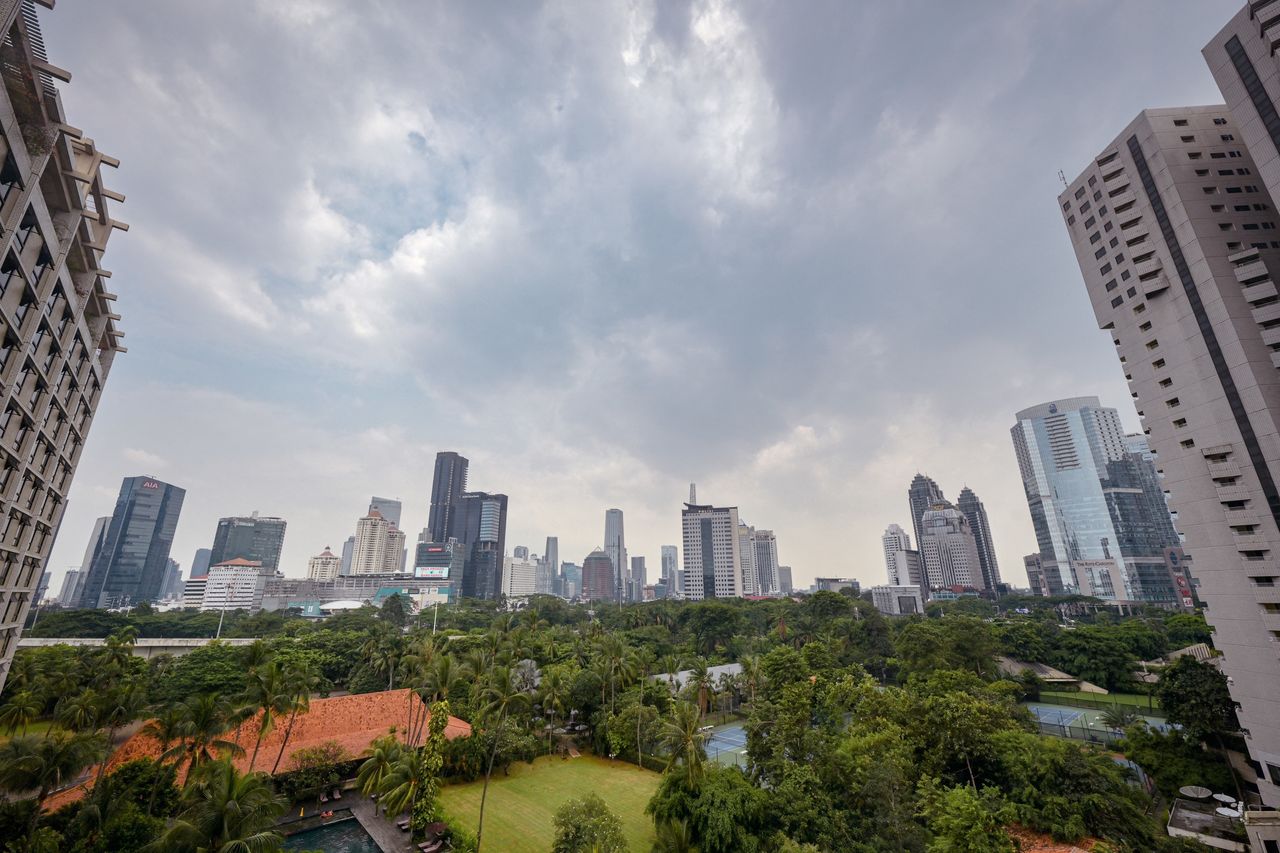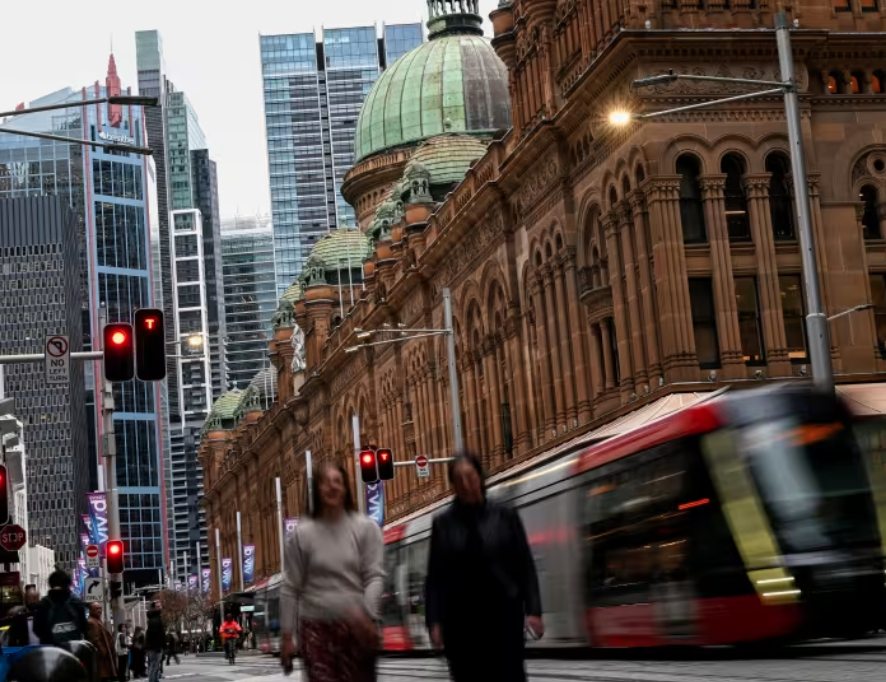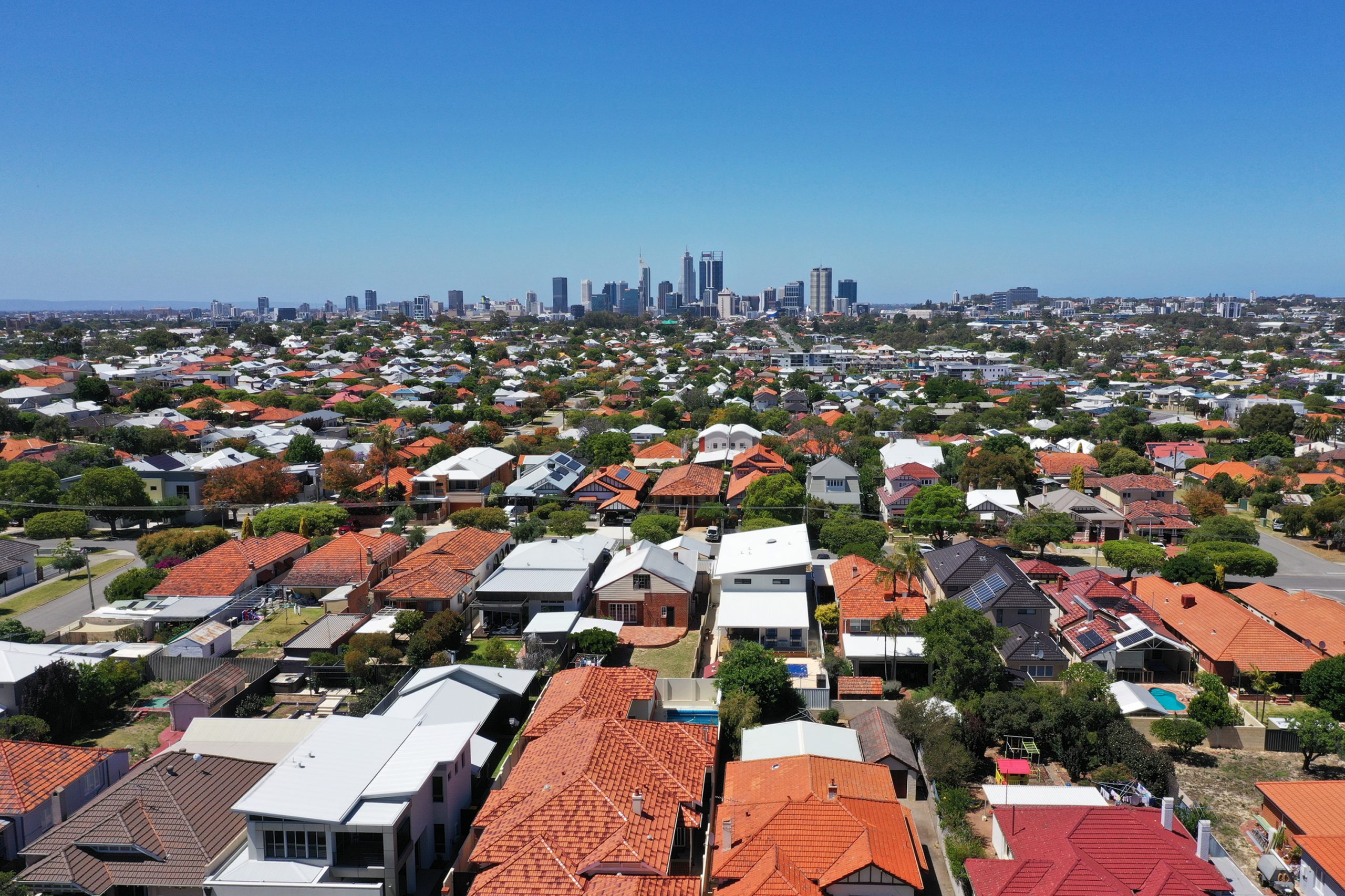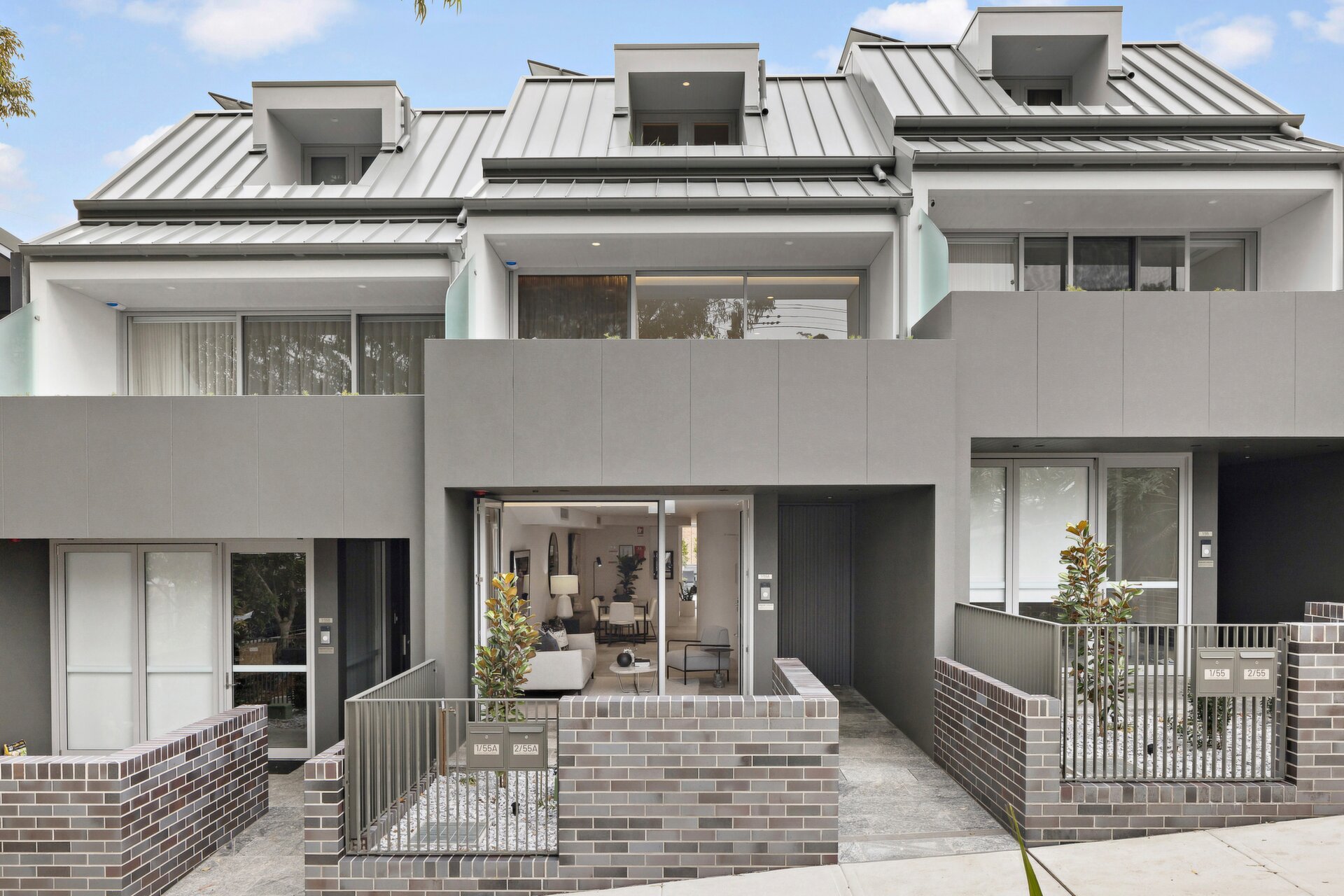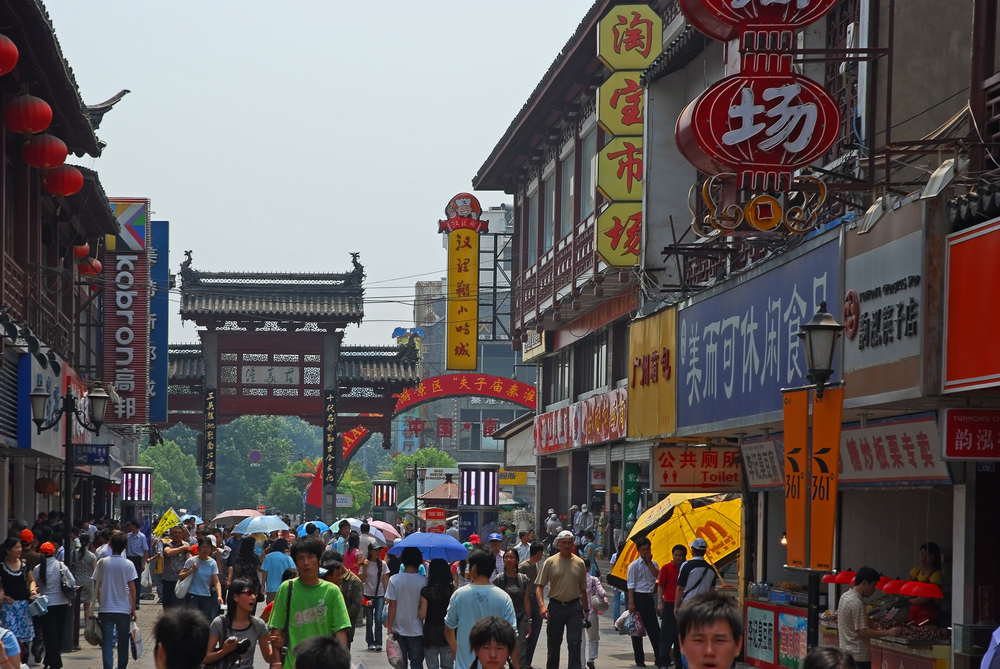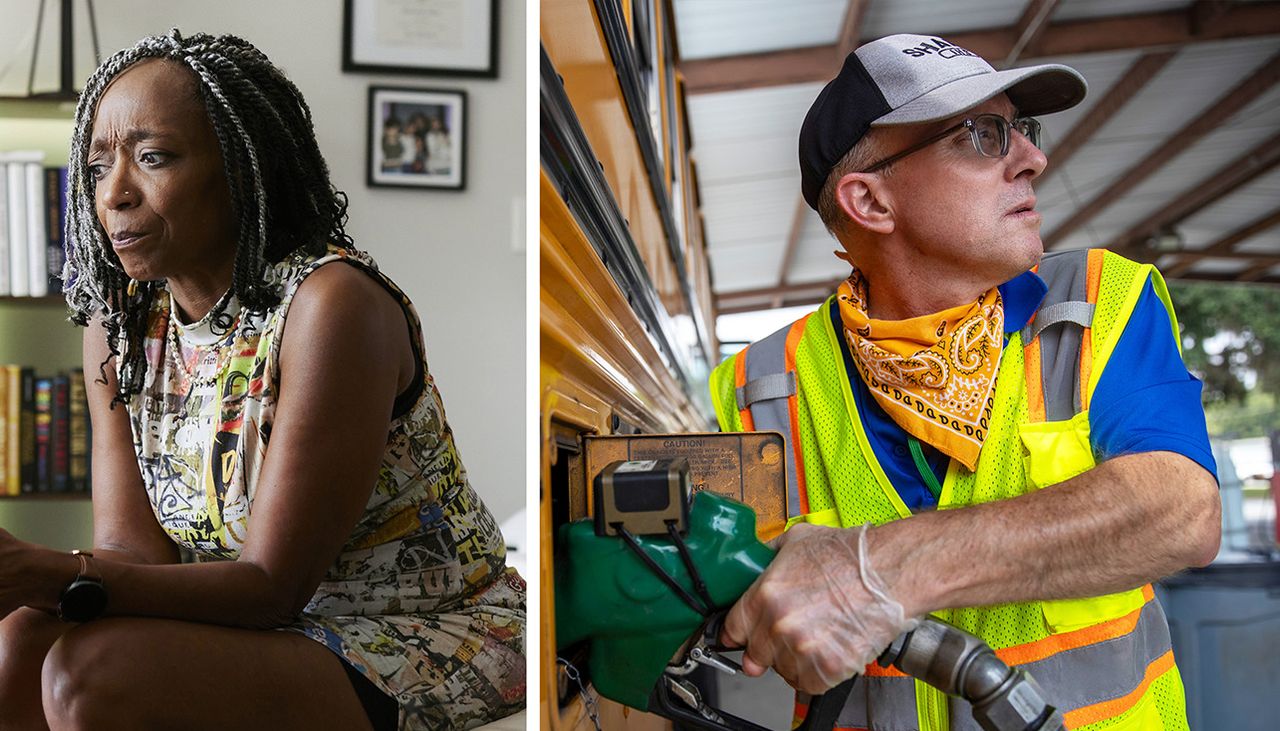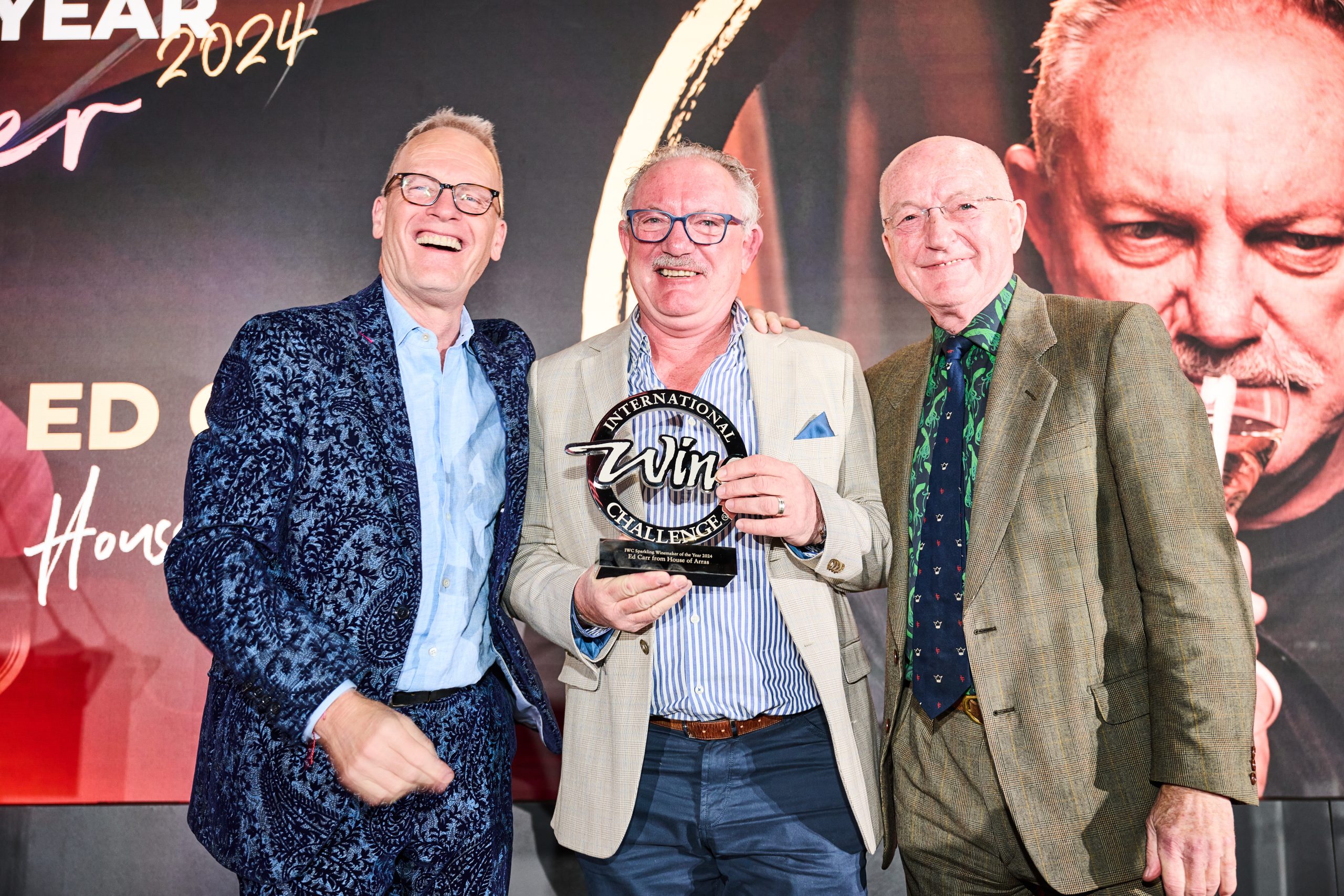Indonesia Impact Alliance Aims to Draw Private Capital for Good
The Ford Foundation, alongside government organisations and the business community, launched the Indonesia Impact Alliance in Jakarta on Wednesday to attract more private capital into ventures that solve social and economic problems while earning market returns.
The alliance is being forged at a time when Indonesia is thriving in many ways. In 2021, the Southeast Asian nation regained status lost during the pandemic as an upper-middle-income country, according to the World Bank.
Yet, Indonesia, the fourth-most-populous nation in the world, is home to many people who remain in poverty without sufficient access to education and health services. While abundant in natural resources, the country has also suffered environmental degradation from exploitation of its rainforests for palm oil—a practice that is subsiding from a combination of government and nonprofit efforts.
As the economy continues to grow, the government alongside the United Nations Development Programme Indonesia, Ford, and others, want to ensure society and the environment are taken into account. The alliance aims to boost direct investment into “early-stage, high-impact companies” through increasing investment from investors within the country and abroad, and from the Indonesian diaspora, according to a news release.
“The alliance is about creating a kind of a centre of gravity for diverse stakeholders in Indonesia that all have a shared interest in marshalling more private capital in the service of just and sustainable development,” says Margot Brandenburg, head of impact investments for Ford’s US$1 billion mission investments program.
Chairing the alliance is Romy Cahyadi, CEO of Instellar, an Indonesia company that supports social enterprises through incubation, advisory, and investment.
Members of the alliance are “entrepreneurs, companies that are delivering these impacts, the funds and intermediaries that place capital in those companies, and asset owners,” Brandenburg says. “It also importantly needs to include the government, which can create, and we believe should create, an enabling environment for this type of investment and that can compliment private capital and do things that the private sector can’t do.”
The alliance also includes technical assistance providers of nongovernmental organisations in addition to global and regional economic development institutions. Temasek, the sovereign wealth fund of the nearby nation of Singapore, is also taking part. It needs to be all of those actors, she says, and “we need them all rowing in the same direction.”
Indonesia receives significant impact investing support from a third of those who invest for impact globally, according to a 2018 report from the Global Impact Investing Network. At the time of the report, private institutions had invested nearly US$149 million in 58 transactions, while development finance institutions had invested US$3.6 billion in 67 deals. Many of these investments are still at an early stage, according to Ford.
The alliance is being formed now as a “call to action,” for various governmental bodies, NGOs, and private actors to work together, Brandenburg says. “The sense is that there’s a diverse group of stakeholders working not always in coordination.”
Given the size of the country and its economy, there are people “working across sectors and geographies that may not be in relationship with one another
or may not have connected the dots,” she says. “That’s the role that government policy and regulation play in creating a favourable investment environment
and vice versa.”
The ultimate goal, Brandenburg says, “is to make sure that the whole is at least as great as the sum of the parts, so that people can build off of one another
and not inadvertently duplicate efforts.”
The alliance is affiliated with the Global Steering Group on impact investments, which has national associations in a number of countries, including the U.S. Impact Investing Alliance. Being part of this group gives the new Indonesia alliance access to resources, models, and policy blueprints that have succeeded elsewhere.
A question for Indonesia will be how to take advantage of natural resources that produce cloves, cinnamon, nutmeg, and vanilla, in addition to palm oil, natural rubber, cassava, and coconut oil, while not exploiting workers and local communities or harming the environment.
“Biodiversity is a major asset, but of course with that, [there’s] palm oil and logging and the potential for extractive industries,” Brandenburg says. “The question for impact investors is what does a better model look like that allows a country to prosper on the basis of its natural resources and allows its communities to prosper as well.”
 Copyright 2020, Dow Jones & Company, Inc. All Rights Reserved Worldwide. LEARN MORE
Copyright 2020, Dow Jones & Company, Inc. All Rights Reserved Worldwide. LEARN MORE
This stylish family home combines a classic palette and finishes with a flexible floorplan
Just 55 minutes from Sydney, make this your creative getaway located in the majestic Hawkesbury region.
Excluding the Covid-19 pandemic period, annual growth was the lowest since 1992
Australia’s commodity-rich economy recorded its weakest growth momentum since the early 1990s in the second quarter, as consumers and businesses continued to feel the impact of high interest rates, with little expectation of a reprieve from the Reserve Bank of Australia in the near term.
The economy grew 0.2% in the second quarter from the first, with annual growth running at 1.0%, the Australian Bureau of Statistics said Wednesday. The results were in line with market expectations.
It was the 11th consecutive quarter of growth, although the economy slowed sharply over the year to June 30, the ABS said.
Excluding the Covid-19 pandemic period, annual growth was the lowest since 1992, the year that included a gradual recovery from a recession in 1991.
The economy remained in a deep per capita recession, with gross domestic product per capita falling 0.4% from the previous quarter, a sixth consecutive quarterly fall, the ABS said.
A big area of weakness in the economy was household spending, which fell 0.2% from the first quarter, detracting 0.1 percentage point from GDP growth.
On a yearly basis, consumption growth came in at just 0.5% in the second quarter, well below the 1.1% figure the RBA had expected, and was broad-based.
The soft growth report comes as the RBA continues to warn that inflation remains stubbornly high, ruling out near-term interest-rate cuts.
RBA Gov. Michele Bullock said last month that near-term rate cuts aren’t being considered.
Money markets have priced in a cut at the end of this year, while most economists expect that the RBA will stand pat until early 2025.
Treasurer Jim Chalmers has warned this week that high interest rates are “smashing the economy.”
Still, with income tax cuts delivered at the start of July, there are some expectations that consumers will be in a better position to spend in the third quarter, reviving the economy to some degree.
“Output has now grown at 0.2% for three consecutive quarters now. That leaves little doubt that the economy is growing well below potential,” said Abhijit Surya, economist at Capital Economics.
“But if activity does continue to disappoint, the RBA could well cut interest rates sooner,” Surya added.
Government spending rose 1.4% over the quarter, due in part to strength in social-benefits programs for health services, the ABS said.
This stylish family home combines a classic palette and finishes with a flexible floorplan
Just 55 minutes from Sydney, make this your creative getaway located in the majestic Hawkesbury region.









